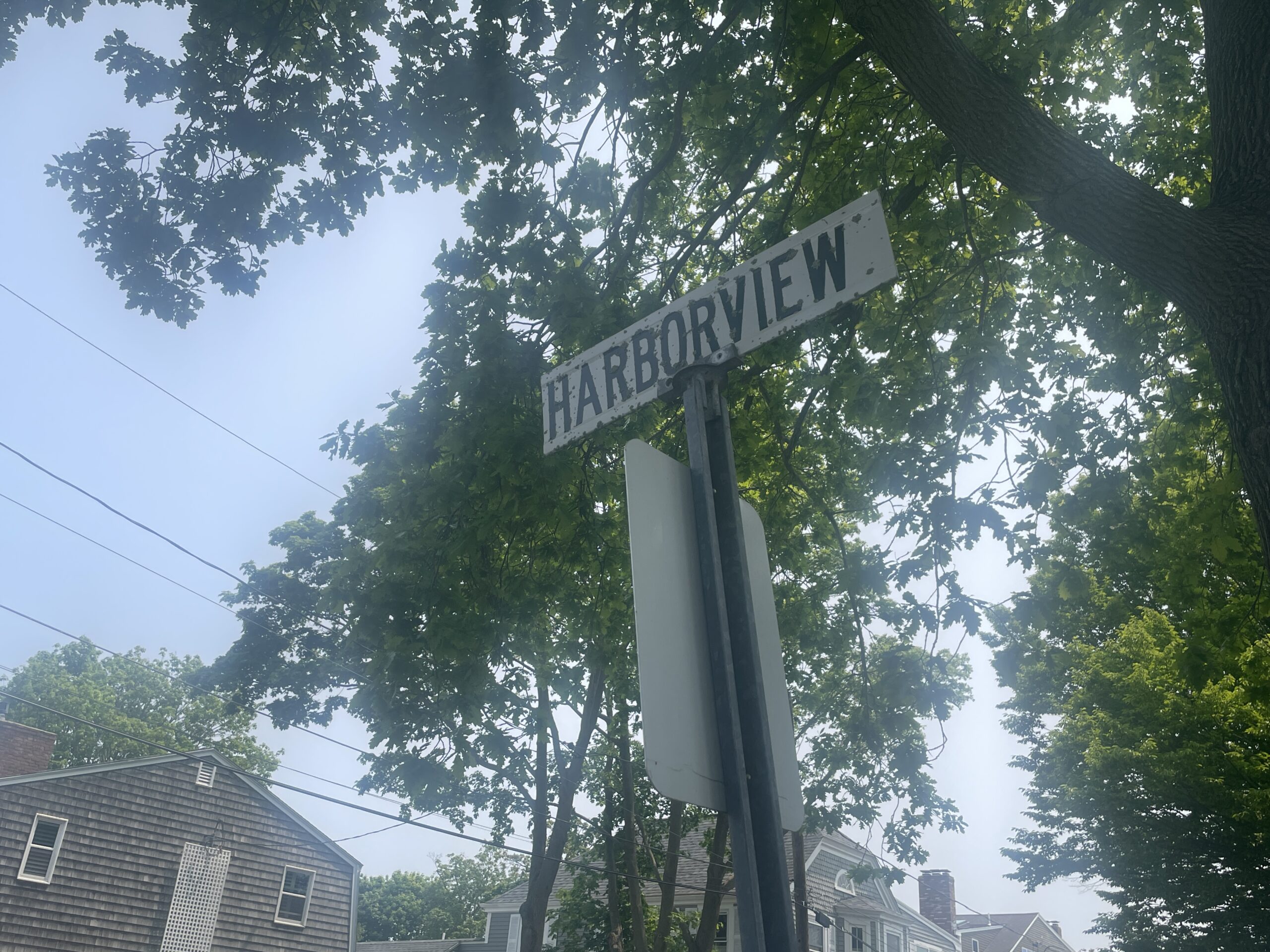The trustees of 6 Harbor View Lane have been assessed a $1,050 fine by the Conservation Commission associated with a violation of a minor activity permit, ending a dispute between neighbors and the trustees that has spanned months and a half-dozen commission meetings.
The fine was a result of the commission coming to a conclusion, based on photographic evidence and resident testimony, that Kevin and Holly Crosby were in violation of the Massachusetts Wetlands Protection Act and additional town regulations that the act permits.
The Wetlands Protection Act under Chapter 131, Section 40 of the Massachusetts State Legislature states that any project activity within 100 feet of a coastal bank, known as a buffer zone, is prohibited. The act also allows cities and towns to enforce tighter restrictions. The Town of Marblehead currently enforces a 25-foot buffer zone from the coastal bank.
In December 2022, the property’s trustees, Kevin and Holly Crosby, requested a minor activity permit from the Conservation Commission. The permit allows for minor revisions to be made on the land, so long as the activity being done fits the description of the permit.
Other neighbors on the street, however, found this to not be the case.
A number of residents on Harbor View Lane have protested that the activity being done on the property did not fit the description of the permit that was given, accusing them of building a patio that extended into the 25-foot buffer zone after the initial minor activity permit was given in order to refurbish and replace pre-existing stepping stones.
5 Harbor View Lane resident David Clarke spoke during the public-comment section during the May 11 public hearing that determined the fine amount, saying that the Crosbys should have abided by the regulations and permit they received.
“When you apply for a permit, you build what you applied for, not what you decide to build,” he said. “I wonder if this work is allowed to remain, is this rewarding behavior of an owner who’s built what they wanted, but not what the permit entitled them to construct?”
At an April 13 Conservation Commission meeting, member Kristopher Meola said during the public hearing for the property that he and other commission members did a site visit at the property and confirmed that the construction did not in fact fit the description of the permit.
“It looks a lot more substantial in person once you look at it, that it wasn’t just rebuilding what was there,” he said. “It looks like the deck was extended well into the 25-foot buffer zone. It wasn’t just replacing a few stones here and there.”
Kara Pascal, who is representing the Crosbys, said that there was a 90-square-foot fieldstone area with a 10-square-foot wall on the left, looking out toward the harbor. Pascal said that the wall was extended toward the harbor in order to elevate the patio so that it wasn’t subject to constant erosion, which the commission argued is one of the reasons for having the buffer zone regulations in place.
She said that the Crosbys were open to a number of solutions to resolve the issue without removing what had already been done, and that they were not intentionally violating regulations.
“They’re not out to try to bend the rules,” Pascal said. “They have complied with every single order of conditions since they purchased the home. They have complied with everything that’s possible and we just want to make sure that this is in the best interest of all parties.”
However, Town Engineer and Conservation Agent Charles Quigley noted that the extension of the wall was not listed in the permit or authorized.
As a result, the commission voted to set an order of conditions where they would reduce the wall and patio back to its prior length, and have the stones “set in something that does not impede infiltration in any way,” as Conservation Commission Chair Brian LeClair said. Plant remediation was also required in the order of conditions.
The enforcement order was also voted on and it was determined that there would be three $350 fines for not complying with what was specified in the permit, for the work that was done illegally, and an administration fee, totaling $1,050.

